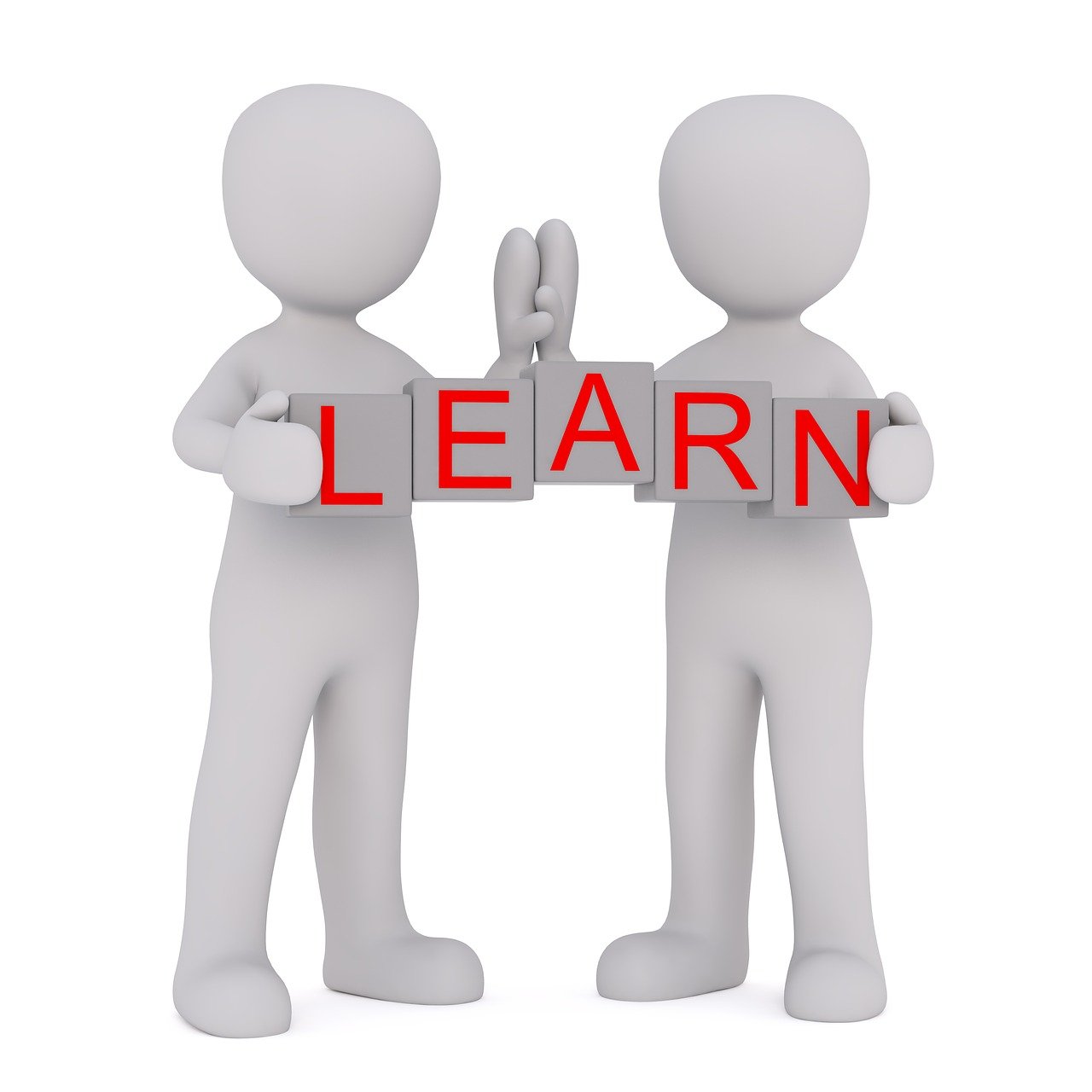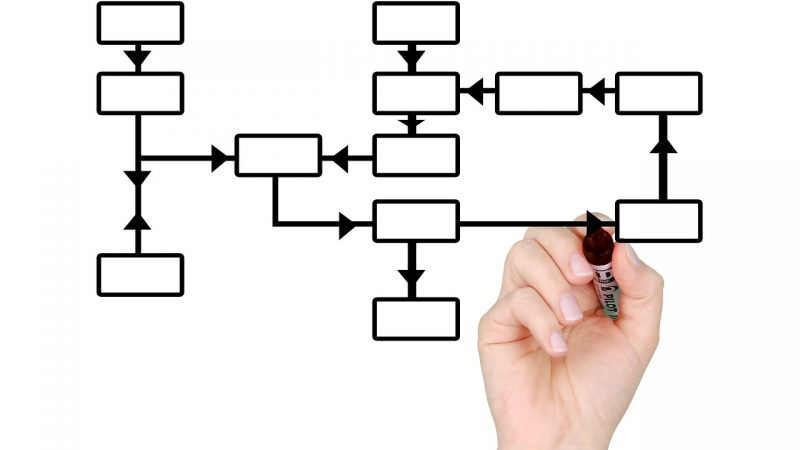Social reconstructionism is a philosophy of education focused on empowering learners to become agents of positive social change. This guide explains the key principles of reconstructionism and how they shape teaching priorities and methods to uplift society.
Core Tenets of Social Reconstructionism
Social Focus
Reconstructionism sees education’s central purpose as developing thoughtful, socially-aware citizens who contribute to the betterment of society. It moves beyond individual development to community upliftment.
Understanding Inequality
It critically analyzes social, political, and economic inequalities and injustices that marginalize groups. This awareness informs their reform efforts.
Social Reform
Equipping learners to identify societal ills and reconstruct society towards greater equity and democracy is a key educational aim. Change agency is expected.
Collaboration
Progress depends on collective effort. Learners are taught to recognize shared struggles and collaborate across differences to advocate for human rights.
Multiculturalism
Honoring the diverse experiences of all cultural groups and ensuring inclusion of their perspectives in education is vital for equitable social progress.
Critical Thinking
Asking probing questions about accepted social structures underpins the pursuit of positive transformations in government, economy, education, and society.
Key educational priorities that align with these principles include:
– Developing social consciousness and sensitivity to inequality
– Fostering values like justice, empathy, responsibility, and civic duty
– Teaching the change process and advocacy strategies
– Building unity and coalition-building skills
– Providing diverse role models
– Encouraging questioning and challenging of standard practices
Instructional Approaches
Pedagogies that reflect reconstructionist philosophy include:
Critical Pedagogy
Deconstructing power, privilege, and oppression embedded in society. Analyzing competing narratives. Finding student voice.
Multicultural Education
Incorporating diverse perspectives. Evaluating biases. Building cultural competence and affirming identity.
Project-Based Learning
Tackling real community problems through research and grassroots initiatives.
Social Justice Education
Critiquing structural inequality. Studying movements. Cultivating activism.
Culturally Responsive Teaching
Validating cultural contexts. Scaffolding respectfully. Empowering marginalized groups. Building relevance.
Service Learning
Applying knowledge through volunteering initiatives. Meeting real community needs.
Reconstructionists design curriculum and instruction targeting sociopolitical consciousness, inclusive values, and change agency in students. Coursework connects to lived experiences and cultures. Open dialogue and democratic practices allow collective critical analysis. Media literacy helps detect implicit biases. Students research social issues and develop solutions. Final projects apply learning to local contexts through community action.
Assessment evaluates growth in cultural competency, critical thinking, collaboration, communication, and social responsibility. Learners reflect on their roles as change makers.
Learnable Skills
Key transferable skills developed include:
– Social Awareness – Recognizing inequities and needs around them.
– Perspective Taking – Considering issues through diverse cultural lenses.
– Critical Analysis – Questioning social systems and power dynamics.
– Change Management – Using knowledge to better communities.
– Diversity Appreciation – Respecting and learning from cultural differences.
– Civic Participation – Engaging government and grassroots channels.
– Consensus Building – Uniting people around common causes.
– Media Literacy – Detecting biases and misinformation.
– Self-Efficacy – Believing in one’s ability to make a difference.
Benefits for Learners
Reconstructionist education provides students with:
– Heightened social consciousness and motivation for positive impact.
– Voice and agency to address community issues.
– Understanding of societal problems affecting them.
– Tools to collaborate for transformative change.
– Belief in their own power and capability.
– Sense of purpose and community responsibility.
By openly examining inequality while building consensus for change, social reconstructionism aims to empower teachers and students to drive democratic progress. It builds knowledge, skills, and collective will to advance society.








